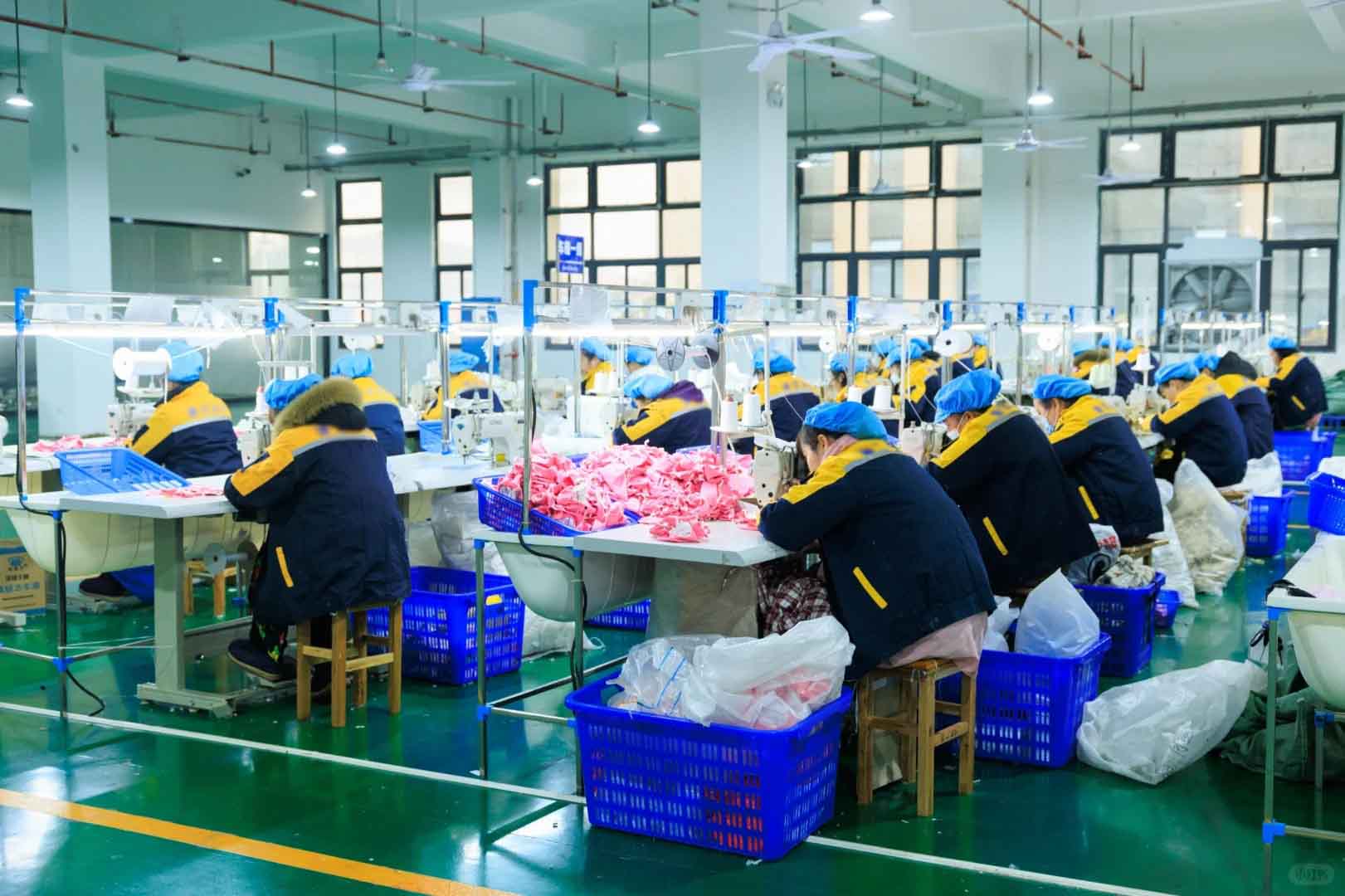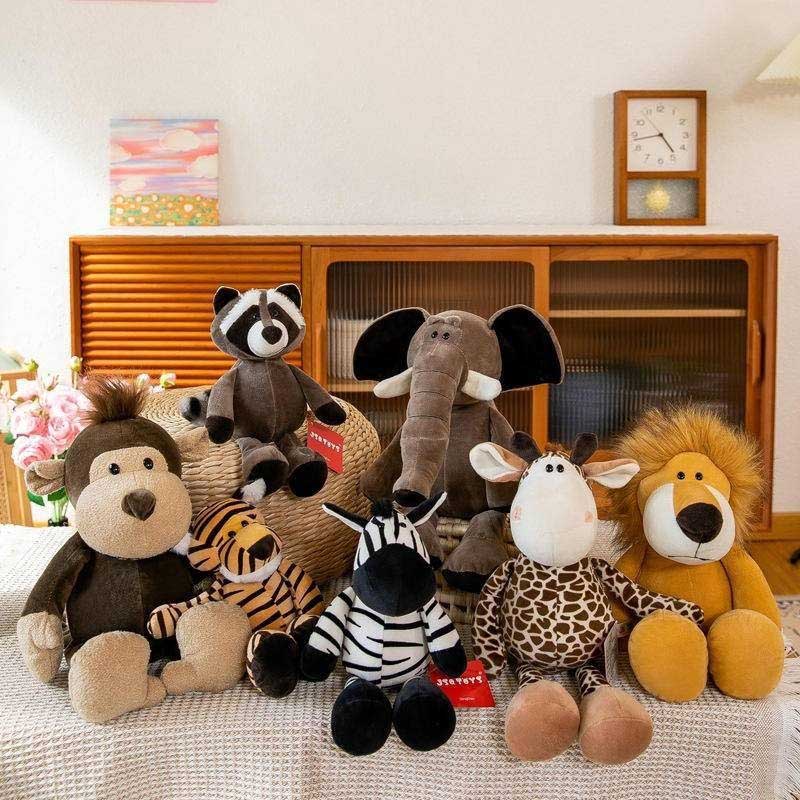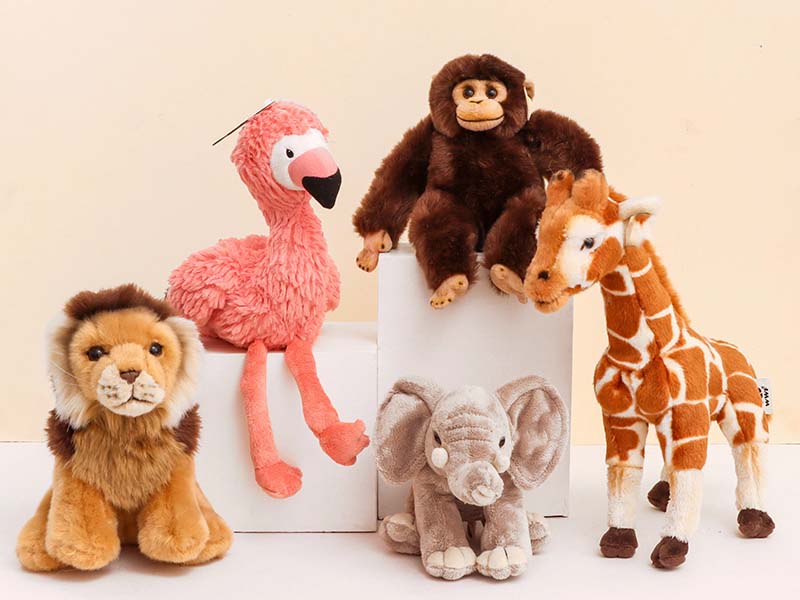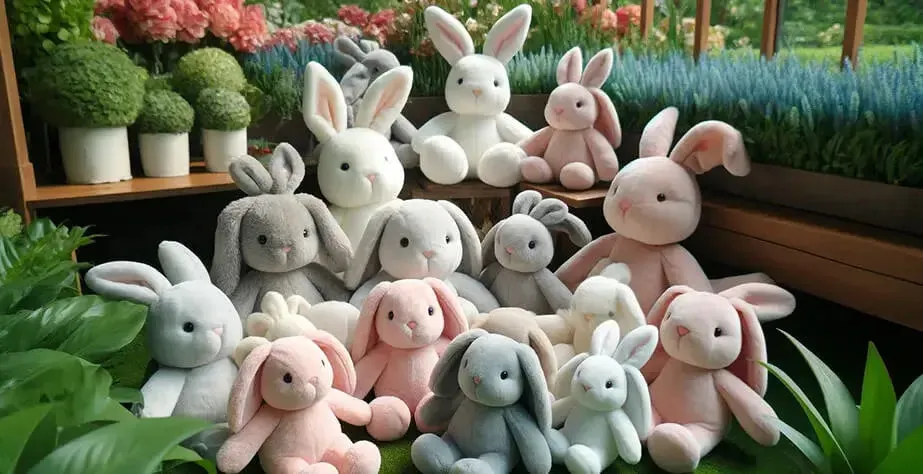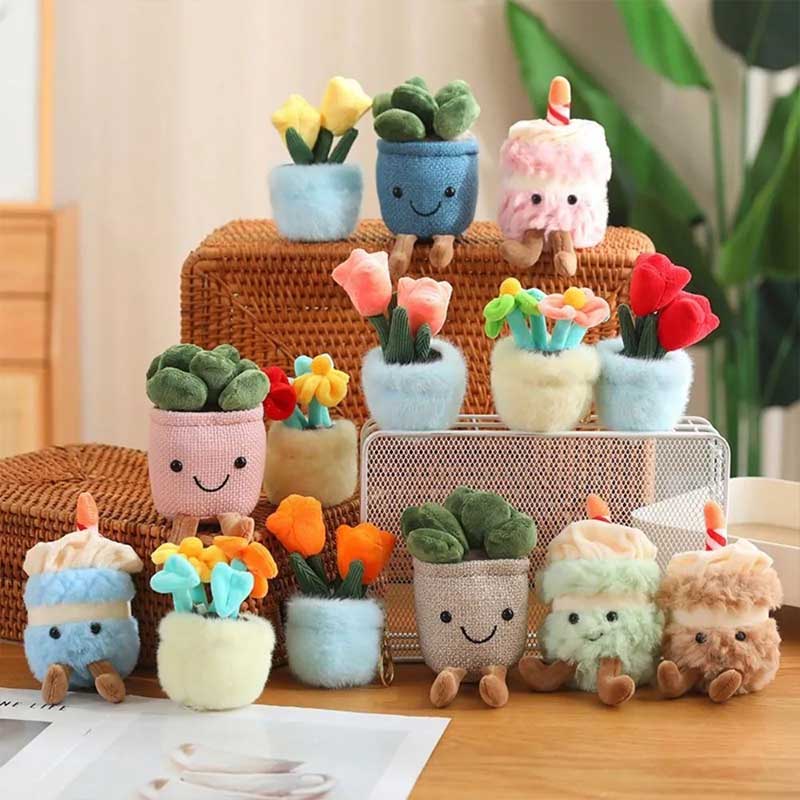China is home to the world’s largest plush toy manufacturing base, serving global buyers with advanced production, customization, and export solutions.
A China plush toy manufacturer specializes in designing, producing, and exporting soft toys with advanced OEM & ODM services. These factories provide high-quality materials, competitive pricing, and compliance with global safety standards, making them the preferred sourcing option for toy brands, retailers, and promotional companies worldwide.
China’s plush industry offers scale and flexibility unmatched in other markets.
What Defines a Professional Plush Toy Manufacturer in China?

A professional plush toy manufacturer in China is more than just a sewing workshop. It combines design, engineering, and production capabilities with strict quality control. These factories offer OEM (Original Equipment Manufacturing) and ODM (Original Design Manufacturing) services, allowing brands to launch custom plush products with efficiency.
A professional Chinese plush manufacturer delivers design, customization, production, and quality control services, supported by advanced machinery and skilled labor.
Professionalism is also reflected in communication and project management. Top factories maintain dedicated export teams who understand compliance and buyer needs. They provide 3D sampling, transparent quotations, and timely updates. Unlike small workshops, large manufacturers can handle complex projects for toys, promotional items, or licensed characters.
| Attribute | Professional Manufacturer | Small Workshop |
|---|---|---|
| Services | OEM & ODM, sampling, custom design | Basic sewing only |
| Quality Control | In-house QA teams, certifications | Limited checks |
| Capacity | Large-scale production, global delivery | Small batches, limited scalability |
| Communication | Export team, multilingual support | Often local only |
How Do Chinese Factories Ensure Compliance with Global Safety Standards?

Global buyers rely on Chinese plush factories because they can align production with international safety requirements such as CE, ASTM, and EN71. Compliance ensures toys are safe for children and meet import regulations in key markets like the U.S. and Europe.
Chinese plush manufacturers comply with CE, ASTM, and EN71 standards by using certified materials, safety testing, and strict quality control processes.
Compliance is not optional. Professional factories invest in internal labs or partner with third-party testing organizations to conduct mechanical, chemical, and flammability tests. Buyers sourcing from China should confirm that their suppliers provide test reports and certification support. This guarantees smooth customs clearance and reduces liability risks.
| Standard | Market Use | Example Tests |
|---|---|---|
| CE (EN71) | Europe | Mechanical safety, flammability |
| ASTM F963 | United States | Chemical composition, sharp edge test |
| CPSIA | Children’s products (U.S.) | Lead, phthalates limits |
What Materials and Production Techniques Are Commonly Used in China’s Plush Toy Industry?

China’s plush toy factories have access to a wide range of fabrics and fillings. Common materials include velboa, fleece, cotton, minky, faux fur, and recycled polyester (RPET). For fillings, polyester fiberfill dominates, but beads, foam, and organic cotton are also available.
Chinese plush factories use fabrics like velboa, fleece, and RPET with fillings such as polyester fiber, foam, or beads for diverse product quality.
Production techniques include computerized embroidery, heat transfer printing, and precision sewing. Many factories also apply ultrasonic cutting for smoother edges and automated stuffing machines for consistency. These technologies reduce errors and speed up production. Buyers benefit from competitive pricing while still receiving toys that look polished and durable.
| Material/Technique | Application in Plush Toys | Buyer Advantage |
|---|---|---|
| Velboa/Minky | Short-pile plush, soft touch | Cost-effective, durable |
| Faux Fur | Realistic animal plush | Premium look, high market value |
| RPET Fabric | Eco-friendly plush lines | Appeals to sustainability demand |
| Embroidery/Printing | Eyes, logos, brand messages | Customization options |
How Do OEM & ODM Services Support Custom Plush Toy Development?

OEM and ODM are the foundation of China’s plush toy industry. OEM allows brands to submit their designs for factory production, while ODM provides original factory-developed concepts that buyers can brand. Both models give flexibility depending on business goals.
OEM & ODM services in China enable brands to customize plush toys through original designs, prototyping, and mass production tailored to market demand.
Chinese factories often employ design engineers who can transform sketches into digital prototypes. 3D mockups, embroidery sampling, and custom packaging are offered in-house. This helps buyers reduce lead times and avoid costly redesign errors. ODM libraries are also valuable for small buyers who want ready-made designs at lower costs.
| Service Type | Buyer Role | Benefit |
|---|---|---|
| OEM | Buyer provides design | Full customization, brand control |
| ODM | Factory provides base design | Cost savings, quicker time-to-market |
What Key Factors Should Buyers Consider When Choosing a China Plush Toy Manufacturer?
Selecting the right manufacturer requires more than checking price. Buyers should evaluate production capacity, compliance history, communication skills, and customization capabilities. Choosing an unsuitable supplier often leads to quality issues and shipping delays.
When selecting a Chinese plush manufacturer, buyers must check certifications, capacity, communication, and customization skills—not just price.
Key evaluation methods include requesting factory audits, checking references, and testing product samples. Professional manufacturers provide transparency in lead times and clear after-sales support. For global brands, working with a reliable partner ensures long-term stability and market competitiveness.
| Buyer Concern | Evaluation Method | Why It Matters |
|---|---|---|
| Certifications | CE, ASTM, audits | Compliance with import laws |
| Production Capacity | Factory size, machinery | Ability to handle large orders |
| Communication | Export team responsiveness | Smooth project management |
| Customization Skills | Sampling, design library | Differentiation in retail markets |
How Do Lead Times, Pricing, and MOQs Impact International Sourcing from China?

For international buyers, lead times, minimum order quantities (MOQs), and pricing are critical. Chinese factories usually set MOQs between 500–1000 units, but flexible suppliers may offer smaller runs for custom designs. Lead times range from 25–45 days for bulk orders, depending on design complexity.
Lead times, pricing, and MOQs define sourcing from China. Most plush factories require 500–1000 MOQ, with 25–45 day lead times.
Pricing is competitive compared to global markets, but costs vary with fabric, size, and certification needs. Buyers should factor in freight and customs charges, especially for air vs. sea shipping. Reliable suppliers balance affordability with quality, helping brands protect margins while meeting customer demand.
| Factor | Typical Range in China | Buyer Note |
|---|---|---|
| MOQ | 500–1000 units | Some flexible factories accept 300 |
| Lead Time | 25–45 days | Depends on design & order size |
| Pricing | $1.5–$5 per unit (basic plush) | Premium plush higher with features |
Conclusion
China’s plush toy manufacturers combine scale, quality, and customization unmatched globally. Partnering with a trusted supplier ensures safe, innovative, and market-ready products.
Kinwin helps global brands bring plush toy ideas to life with professional OEM & ODM services. Contact us today at [email protected] or visit kinwintoys.com to start your project.


